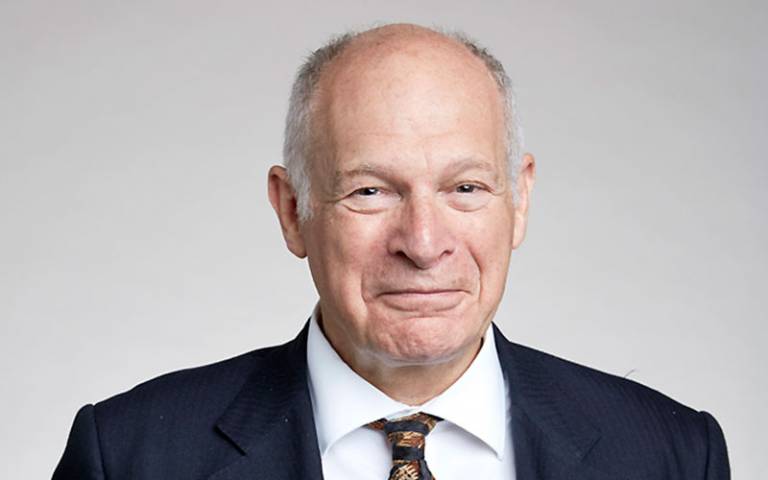Legal Professional Privilege: A Conversation with Lord Neuberger
14 November 2018, 6:00 pm–8:00 pm

Event Information
Open to
- All
Organiser
-
UCL Laws
Location
-
UCL Faculty of LawsBentham House, Endsleigh GardensLondonWC1H 0EG
Legal Professional Privilege: A Conversation with Lord Neuberger
Lord Neuberger and Stephen Mayson, Honorary Professor of Law, UCL Laws
Legal professional privilege is claimed to be “a fundamental human right guaranteed by common law, and a principle which is central to the administration of justice”. It has been developed by the judges to promote the observance of the law, and is intended to encourage full, frank and confidential communication between clients and their legal advisers. Privilege exists for the client’s benefit, and is absolute: in broad terms, unless advice is sought to enable the commission of a crime, only the client can waive privilege and the legal adviser cannot otherwise disclose their communication. But the modern world poses increasing challenges for privilege. Who is ‘the client’ (particularly in a corporate context)? How does privilege interact with investigation, prosecution and deferred prosecution agreements? Who is a ‘legal adviser’ (legally qualified, qualified abroad, in-house)? In what circumstances is a legal purpose ‘dominant’ when a client seeks advice? What constitutes ‘privileged communication’ in a fast-moving, globalised and hyper-regulated world?
To explore these issues, Lord Neuberger of Abbotsbury, recently retired President of the Supreme Court, will be in conversation with Professor Stephen Mayson (Honorary Professor and member of the Centre for Ethics and Law at UCL). Lord Neuberger presided in the Supreme Court decision in R (on the application of Prudential plc v. Special Commissioners of Income Tax [2013] 2 AC 185. The Court took a narrow view of ‘legal adviser’ and declined the invitation for further judicial development of legal professional privilege to include legal advisers who are not qualified lawyers. The starting point for the conversation with Lord Neuberger will explore whether this conclusion truly supports the fundamental human right and the administration of justice at the heart of privilege, as well as being at odds with the structure for authorisation to practice reserved legal activities under the Legal Services Act 2007.
 Close
Close

